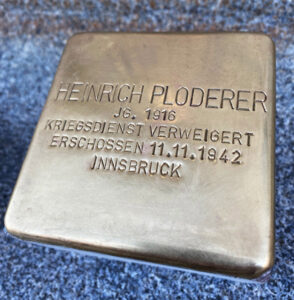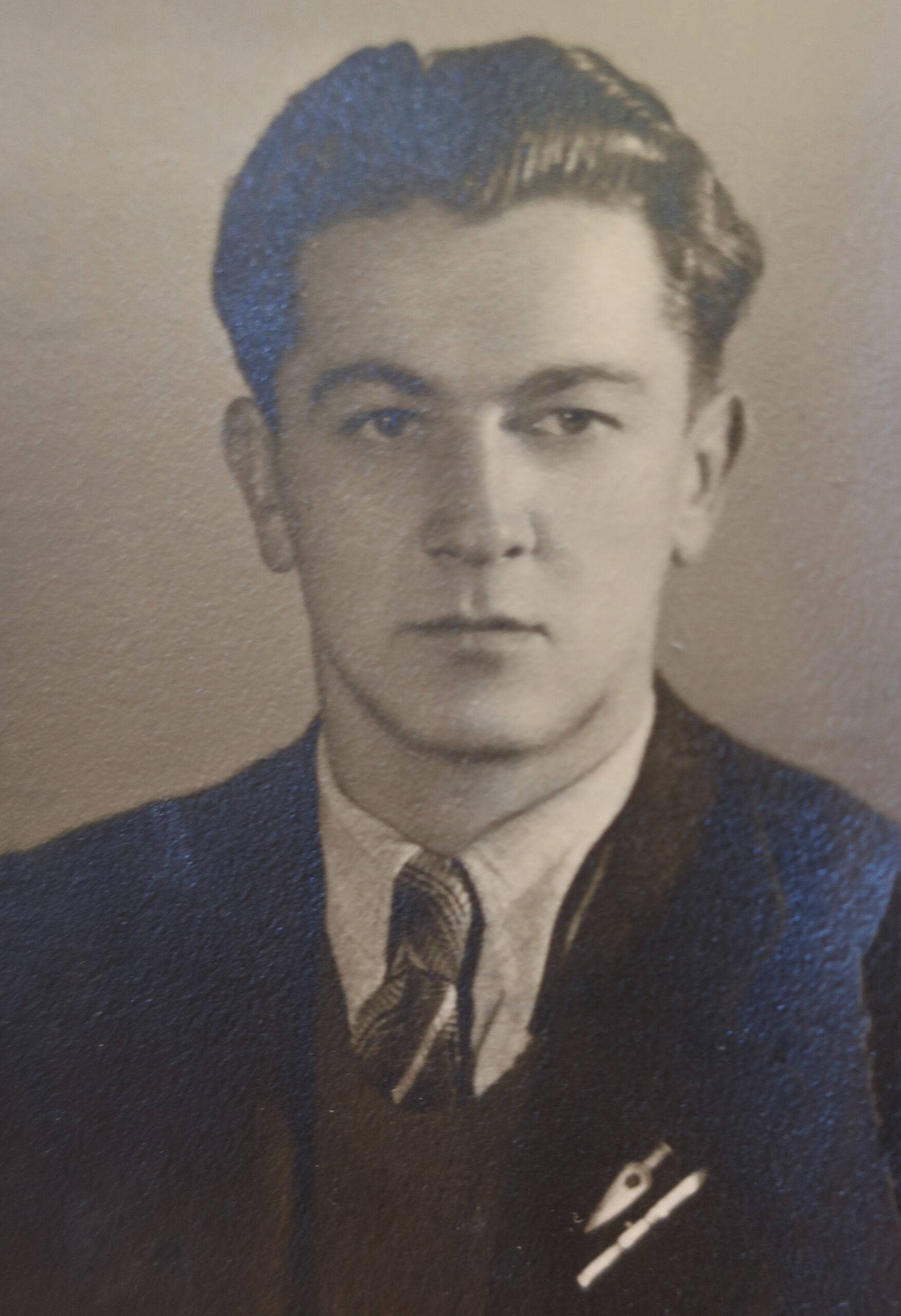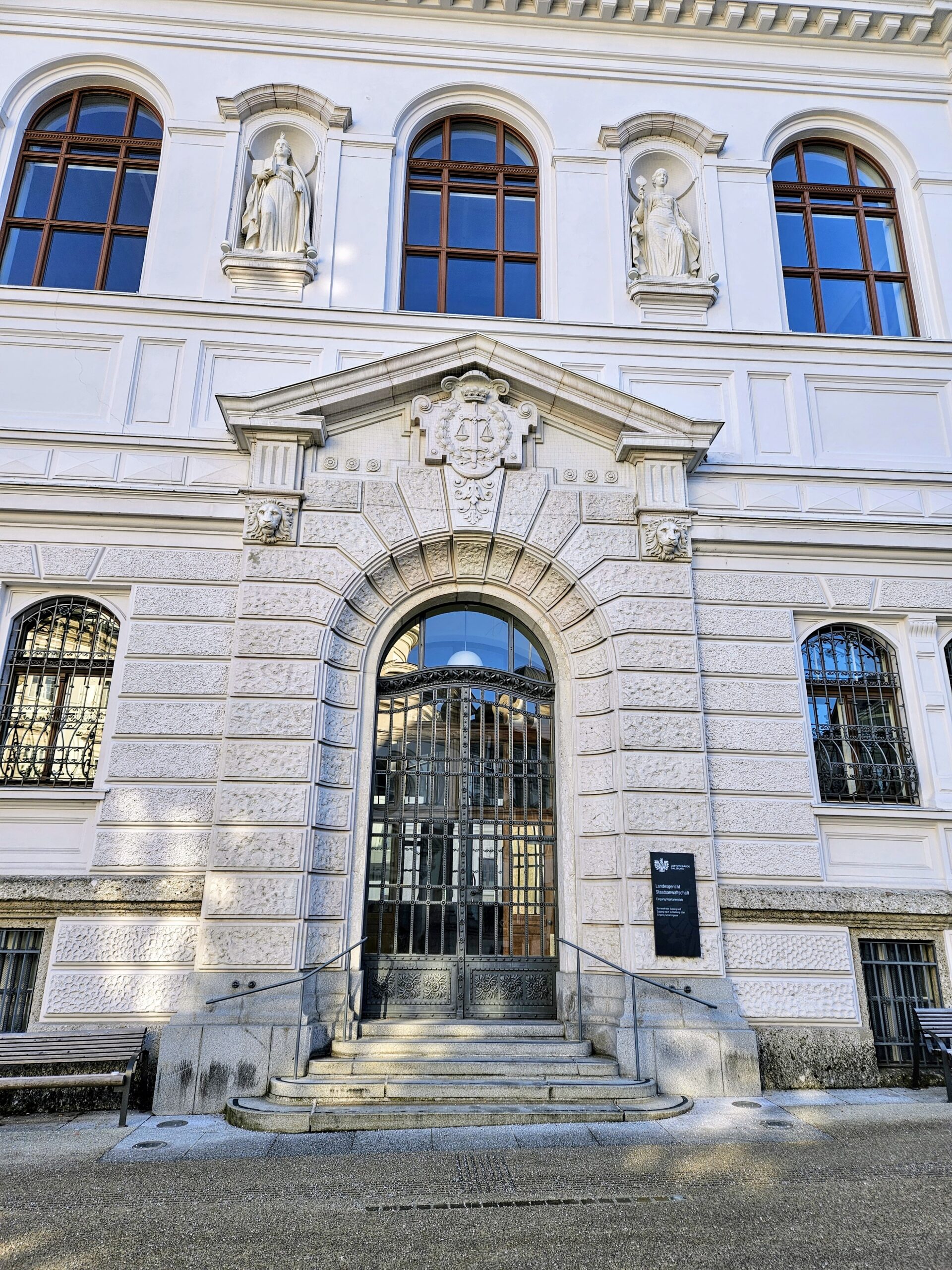Heinrich PLODERER was born in Pichlrotte bei Türnitz, in the Lilienfeld District of Lower Austria on July 19, 1916, and was baptized in the Roman Catholic Church.
He was the youngest of the five children of Amalia and Karl Ploderer — who started his career as a factory worker, then worked as a railway worker, and finally became a master sawyer.
We only know a little about his son Heinrich: by the 1930s he was living in Hallein near Salzburg, where he was a laborer and where he married a fellow laborer named Antonia Schwarz on March 2, 1940.
Documents indicate that in 1942 Heinrich PLODERER was a soldier in the German Wehrmacht, most recently as a rifleman in a bicycle company stationed in the Slovenian town of Bohinjsk Bela (German: Wocheiner Vellach), a company that was assigned to Military District XVIII headquartered in Salzburg.
For some unknown reason, while stationed In occupied Slovenia Heinrich PLODERER refused to engage in any further military service.
A recently discovered document from the Nazi military justice system provides information about his violent end, reporting that the death penalty imposed on the 26-year-old Heinrich PLODERER by a court martial of Division 188 for »desertion« was executed on November 11, 1942 at the Bergisel shooting range near Innsbruck.
His widow Antonia survived the war in Hallein.
Because she was the widow of a Wehrmacht deserter she was denied victim’s compensation in a liberated Austria that continued to view deserters from Nazi Germany’s army as criminals.
The identity of the hanging judge who pronounced his death sentence »in the name of the German people« remains unknown because the courts-martial were able to destroy a large part of their files and eliminated all traces of the perpetrators.
Heinrich PLODERER is just one of the many victims of wartime justice who do not appear in either the 1991 published book on resistance and persecution in Salzburg 1934-1945, or in the victim database of the Documentation Archive of the Austrian resistance.
It took decades before the deserters from the German Wehrmacht were rehabilitated: by the repeal and rehabilitation law of the Austrian National Council that came into force on December 1, 2009.
Sources
- Division 188 Court-martial: Report to the Wehrmacht Information Office
- The registration books of the dioceses of Graz-Seckau, St. Pölten, and Salzburg
- Hallein and Salzburg city archives
Research: Esche Schörghofer
Translation: Stan Nadel
Stumbling Stone
Laid 13.09.2023 at Salzburg, Kajetanerplatz 2



